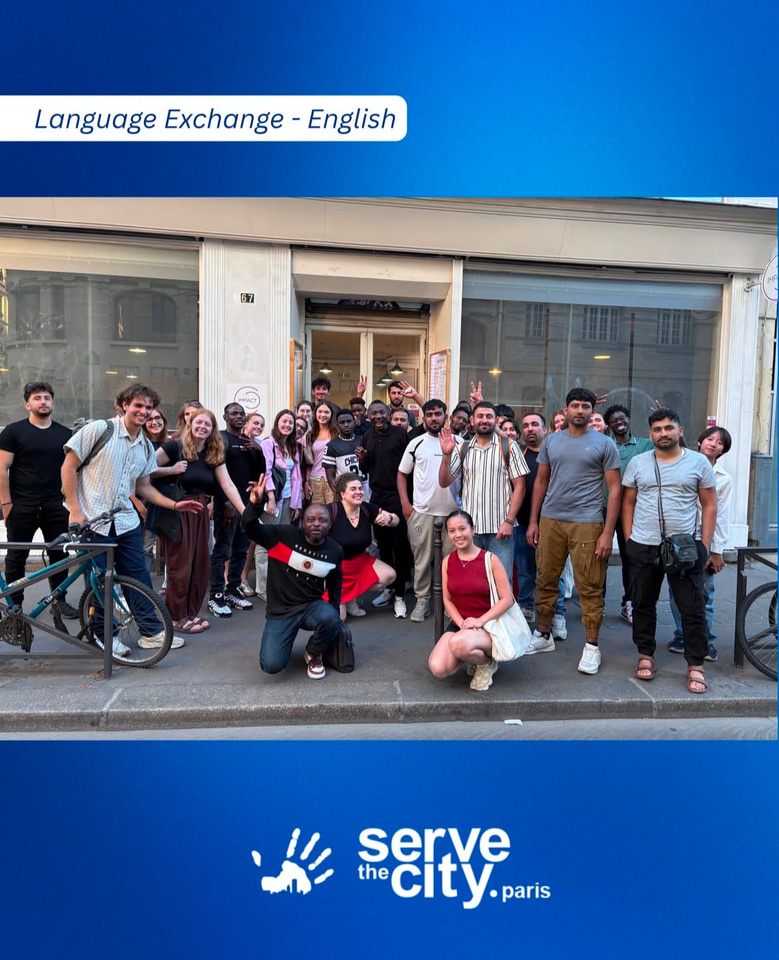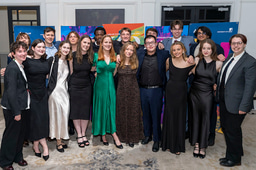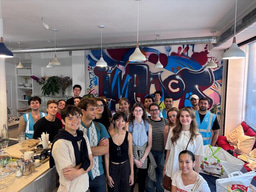Blog Post 1: Reflection in Action

This summer, I undertook my Leadership in Action (LiA) project as part of the Laidlaw Scholarship. One of the main reasons I applied for the scholarship and chose this project was my desire to make a difference for populations affected by the Inverse Care Law—the phenomenon where those who need medical and social services most are least likely to receive them. For my Summer 2 project, I volunteered with a branch of Serve the City in Paris. The organisation’s mission deeply resonated with my personal volunteering experiences, making it a natural fit for my LiA.
Before beginning my six-week project, I had a clear vision. I wanted to contribute to the organisation’s daily activities, including food distributions, assisting in soccer training, and teaching English in language exchange sessions. Alongside this, I aimed to initiate my own seminar-style First-Aid sessions to empower service users with life-saving skills. I hoped these sessions would provide both practical knowledge and personal empowerment. I was excited for the opportunity to volunteer abroad, learn from people with vastly different life experiences, and grow as a leader in a new and challenging environment.
However, I quickly discovered that the best-laid plans often do not go as expected. While integrating into the existing weekly activities went smoothly, implementing my own sessions proved challenging. The activity leader was hesitant to incorporate new initiatives, and the Managing Director was away for the duration of my project. I initially felt frustrated, but I adapted by seeking other ways to contribute. This flexibility led me to participate in other impactful projects, such as trialling fundraising initiatives and coordinating logistics for a new dehydration project aimed at reducing electrolyte imbalances in the homeless community during the summer months.
Navigating an unfamiliar environment pushed me outside my comfort zone. I had to apply my skills in new contexts and develop abilities I had not previously relied on. Working alongside other young volunteers, including another Laidlaw scholar, I experimented with different communication strategies depending on the context, for example; coordinating during food distributions versus teaching English to beneficiaries. This experience highlighted the importance of social and cultural awareness and showed me the limits of what short-term volunteering can achieve while also teaching me how to maximise my contribution within those constraints.
Being immersed in a new culture encouraged constant reflection. I approached every interaction with an open mind and no assumptions. While I had worked with similar populations in Ireland, I quickly realised that methods effective at home did not always translate to populations here. Listening to beneficiaries’ experiences became a central part of my learning. After Language Exchange sessions, I not only taught English but also learned greetings and phrases in native languages of the beneficiaries and heard firsthand stories of their life. These moments gave me insight into resilience and human connection that could never have been gained in a classroom.
I kept in mind to reflect on the ethical aspects of my involvement and tried to think of how I could create changes that truly benefit the community. I considered whether I was partaking in “voluntourism” and wanted my contributions to have a lasting, meaningful impact beyond my time in Paris. By supporting initiatives like the dehydration project and developing fundraising strategies that could continue after my departure, I aimed to leave a positive and lasting footprint on the community.
Leadership played a central role in my experience. I further developed my adaptability, communication, and teamwork skills while learning about my personal leadership style. I realised that my strengths lie in facilitation, listening, and empowering others rather than asserting control. Working with other volunteers, I encountered different approaches to leadership, some highly directive, some collaborative. These helped me recognise constructive styles and potential sources of conflict. The experience reinforced resilience, patience, and determination, particularly when my goals did not go as planned.
One of the most challenging aspects was reconciling my initial expectations with the reality. I had hoped to implement my First-Aid sessions independently, but learning to redirect my energy and contribute meaningfully in other ways showed me the importance of being flexible on achieving an overall goal, even if it is not by how I initially planned. It strengthened my ability to navigate uncertainty and adapt to dynamic environments, lessons I know will stay with me in future leadership roles and throughout my career.
Overall, this LiA project deepened my understanding of global inequality, systemic barriers to healthcare, and the significance of community support in fostering resilience. I left Paris with enhanced cross-cultural communication skills, a better understanding of ethical leadership, and renewed commitment to making a difference in meaningful ways. Most importantly, I experienced the transformative power of empathy, kindness, and collaboration. My experience reinforced the importance of advocating for vulnerable populations and applying leadership not for personal gain, but for the benefit of communities in need. The Inverse Care Law, which initially motivated me to apply, is now more than a principle. It is a lens through which I view inequities, and a reminder that I should strive to continuously create meaningful change.



Please sign in
If you are a registered user on Laidlaw Scholars Network, please sign in